
Views differ as to exactly what is meant by regenerative or sustainable agriculture. It may be argued that “sustainable” implies little or no change in the farming environment, whereas “regenerative” is focused on improvement but, in reality, the terms mean much the same. This PotatoLink magazine article discusses ecocentric and technocentric approaches.
Cover Crops
Queensland grower Mark Fritz shares two decades of lessons using cover crops in a potato farming system. From improving yields to reducing inputs, his practical approach offers insights for anyone looking to build soil health.
The soil ecosystem directly impacts crop yield and quality. In recent years, there has been growing interest in sustainable farming practices that improve soil's biological, chemical and physical characteristics. Biofumigation is one of these sustainable practices discussed in this PotatoLink magazine article.
Read the recap of a PotatoLink event held for the potato industry at the Kaloorup Fire Shed in Jindong in the afternoon of the 15 August 2023.
Join leading biofumigant and cover crop researchers John Duff (QDAF) and Mieke Daneel (ARC, South Africa) as they discuss what biofumigants are how they work, how they can be used for disease and nematode management and wha to consider when choosing biofumigant species.
Three successive La Niña seasons have left prime potato growing areas waterlogged. Challenges for growers are evident at every stage, from managing seed, planting, crop management and storage. Paulette Baumbartl covers all the key points in this article in Issue 8 of PotatoLink magazine.
Planting cover crops improves soil structure and health, controls soilborne disease and weeds, reduces erosion and nutrient loss, and adds nitrogen. Dr Kelvin Montagu delivered an interactive online training course on cover crops for potato farmers and agronomists.
Potato grower, Darren Long and Dr Kelvin Montagu talk all things cover crops and discuss how they can assist with building up soil health – including practical tips & tricks!
This PotatoLink magazine article discusses making the most of the quieter months preparing for next season’s crop — checking long-term weather forecast, soil testing, checking irrigation equipment, considering drainage, and managing pests and disease.
In this video, Tasmanian grower James Addison discusses the value of cover cropping in maintaining soil health and increasing productivity in potato production.
Have you been thinking about implementing cover crops on your property? Would you like to know more about how they can interact with your farm’s natural systems? What they cost? what benefits they can create? Read this Soil Wealth Integrated Crop Protection factsheet that goes into the economics of cover crops and what they can do for you.
Soil Biology
Biological products, or biologicals, are a diverse group of agricultural inputs derived from living organisms such as plants, insects, microbes, or fungi. In potato production, these products can be used alongside conventional management practices for a variety of purposes such as improving nutrient efficiency and pest and disease management.
A healthy soil is full of life. All organisms have a role to play in maintaining a healthy and productive soil. This factsheet covers the benefits of soil biology, harmful microbiota, and how to improve soil biology.
Understanding and managing the interacting components of soil health - physical, biological and chemical factors - is essential to create robust and productive soils that are able to sustain commercial potato production. This PotatoLink magazine article examines some aspects of soil physical properties and how they impact agricultural practice (and how agricultural practices impact soil physical properties).
This case study covers the mycorrhizal fungi trials hosted at the Bolwarrah, VIC demonstration site. It covers what the trial was, what happened, and some tips on getting the most out of your mycorrhizal fungi products.
Watch this panel discussion and the last soil biology masterclass with potato growers across Australia and see many of your questions answered.
The third soil biology masterclass was delivered by PotatoLink team member Marc Hinderager, looking into nitrogen availability in potato and cover crops, and its impact on soil biology.
In this second soil biology masterclass, Dr. Calum Wilson explains about the good, the bad and ugly ones in the soil and how they interact, and what you can do to keep them in balance to protect your potato crop.
The first soil biology masterclass was delivered by Dr. Kelvin Montagu, looking at the linkage between key soil functions and soil biology, and the interactions between plant roots and soil biology.
The 2-hour masterclass aims to provide potato growers and advisers with the understanding they need to improve soil biology, potato yields and their bottom line.
Soil health is closely linked to soil microbiology. This fact sheet outlines information on a broad group of soil microbes including fungi, bacteria and pseudomonas, and explains how different levels, numbers and ratios of these microbes can impact the overall health of your soil and crops.
Find out more about good salinity management practices on farm, salinity thresholds for vegetables, how salinity can be identified and measured, as well as appropriate EC ranges for soils and water.
This case study outlines the economic considerations when using compost in vegetable production systems. It is based on lessons learned from several Soil Wealth and Integrated Crop Protection (ICP) demonstration sites, during the period 2014 to 2016.
This case study provides a unique long-term grower perspective on using compost on a commercial vegetable farm. Learn more from Sam Calameri of Baldivis Farms in Western Australia who started trialing compost on-farm more than 10 years ago.
Reduced Tillage
Reduced tillage agriculture has emerged as a sustainable and innovative approach to farming, offering numerous benefits to both farmers and the environment. This PotatoLink magazine article, shares some examples of growers who have incorporated reduced tillage into their farm practice and research seeking to quantify outcomes when tillage practices are altered.
This PotatoLink magazine article discusses making the most of the quieter months preparing for next season’s crop — checking long-term weather forecast, soil testing, checking irrigation equipment, considering drainage, and managing pests and disease.
Hear from industry experts on how strip-till will save you fuel and time, increase soil organic matter, reduce erosion and compaction, and how fertilisers’ can be banded at multiple depths.
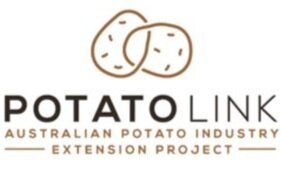















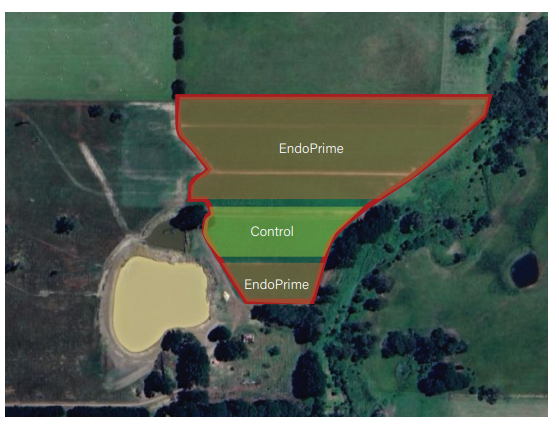



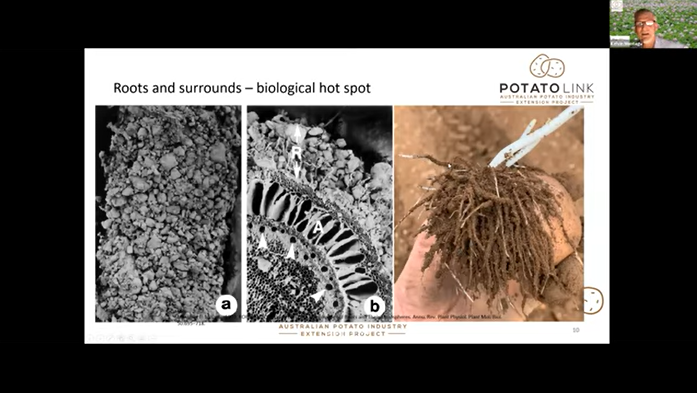

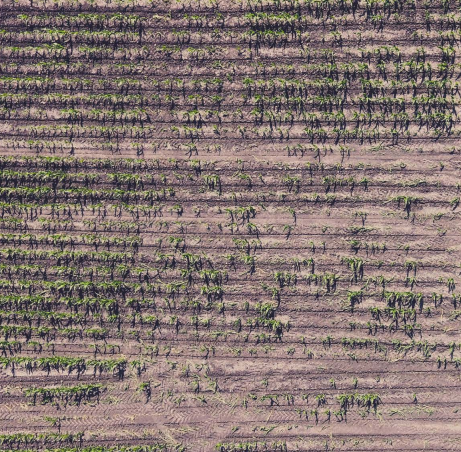



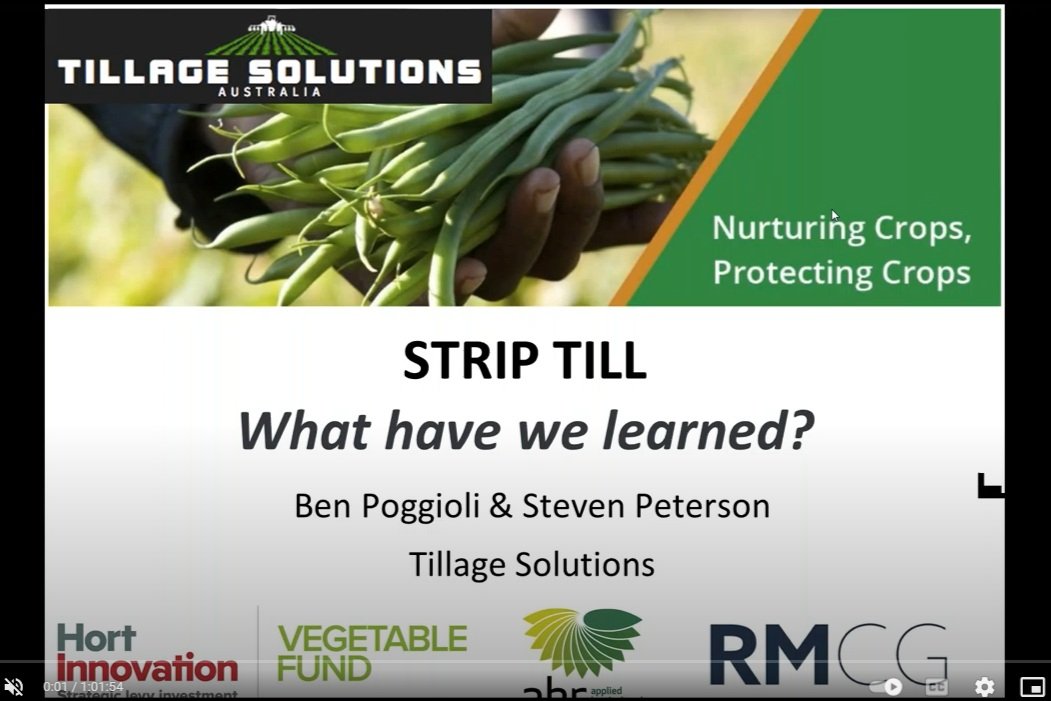
Andrew Tempra from Tempra Bros Pty Ltd, a grower from Manjimup, Western Australia, cultivates 35 hectares of potatoes annually, evenly split between fresh market supply and processing for French fries through WA Chip.
In Issue 15 of PotatoLink magazine, we caught up with Andrew to discuss his practices for improving soil health and potato quality on his farm.